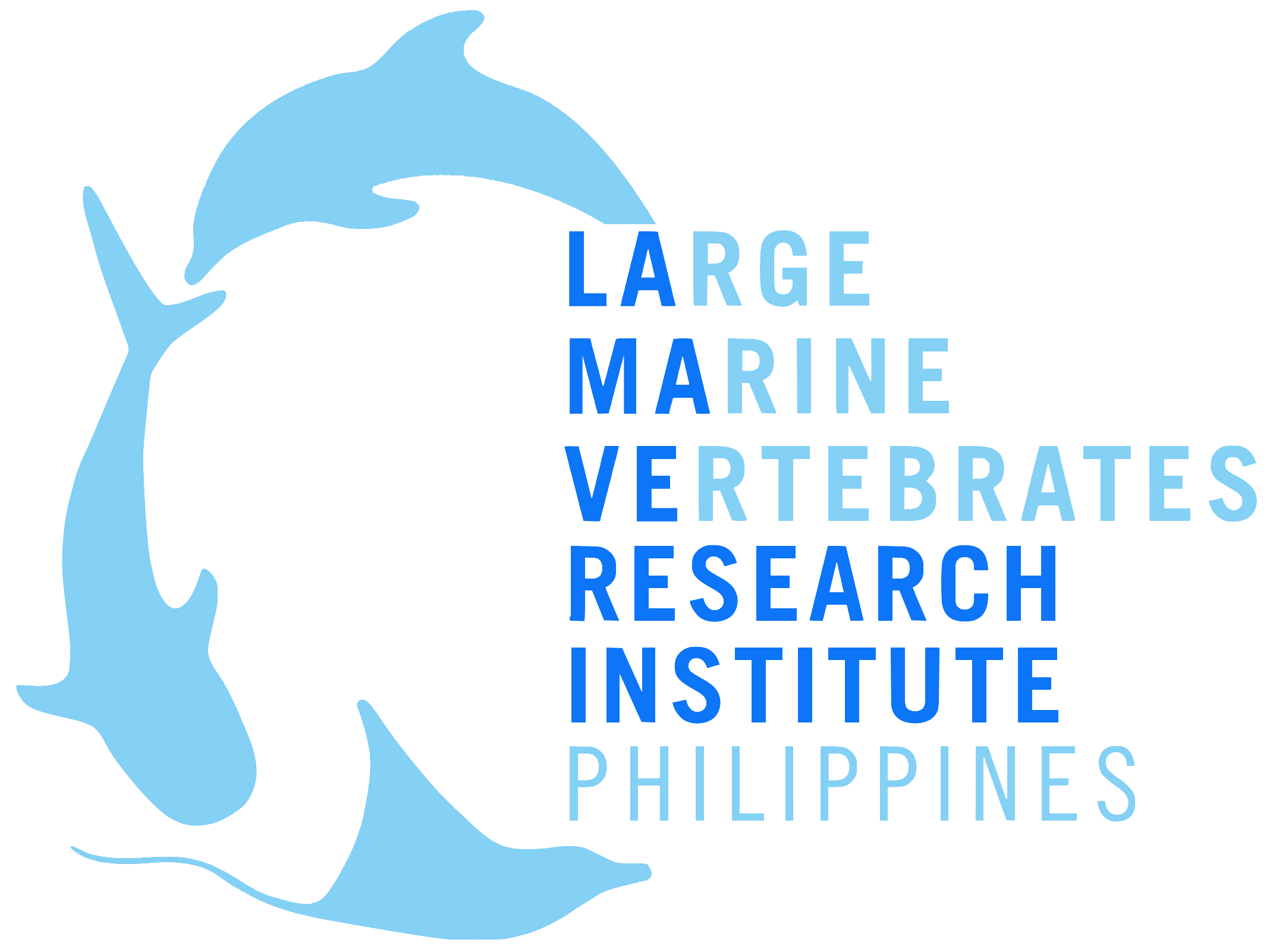PRESS RELEASE
Donsol attracts the Philippines largest whale sharks
And hosts the largest known whale shark aggregation in Southeast Asia.
Donsol, Philippines, 7 August 2018. A new scientific study by the World Wide Fund for Nature (WWF) Philippines and Large Marine Vertebrate Research Institute Philippines (LAMAVE) has revealed that whale sharks in Donsol, Philippines are uncharacteristically larger than those found elsewhere in the Philippines. The study, which describes the population dynamics and strong site fidelity of adult whale sharks to the coastal waters of Donsol, has been published in the journal Frontiers in Marine Science and represents the longest dataset on whale sharks in the country.
A whale shark feeds in the rich waters of Donsol, Philippines. Credit: Gonzalo Araujo.
Up until the late 90s, targeted whale shark fisheries existed in the Philippines, though hunting did not traditionally occur in Donsol waters. In 1998, the municipal waters of Donsol were declared a whale shark sanctuary and soon after a national ban on whale shark hunting was imposed across the Philippines. Tourism developed soon after the ban, and today Donsol is the longest running community-based whale shark tourism site in Southeast Asia.
In this study researchers from WWF-Philippines and LAMAVE describe the population dynamics of the whale shark aggregation in Donsol through the collection of photo- identification data, which identifies individual whale sharks through their unique spot pattern, similar to a fingerprint. Research was initiated by WWF-Philippines in 2007, with LAMAVE researchers complementing the work in 2015 and 2016. Seasonal collection of these photographs allowed the collaborative team to identify not only the number of whale sharks visiting Donsol but also the frequency of visits made by individuals.
A whale shark encountered in Donsol, Philippines. Credit: Steve De Neef
Between 2007 and 2016 a total of 479 individual whale sharks were identified in Donsol, 469 through the dedicated research and a further 12 individuals through photo submissions by the public recognised as “citizen scientists”. This number confirmed Donsol as the largest known whale shark aggregation in the Philippines (representing 44% of the currently identified whale sharks in the Philippines - Wildbook for Whale Sharks, April 28th 2017) and the largest aggregation in Southeast Asia. More than half of the whale sharks identified in Donsol returned during another season. The longest match was individual P-375 which was first identified by a citizen scientist in 1998 and was later resighted back in Donsol in 2011, 14 years later!
Interestingly whale sharks in Donsol were uncharacteristically larger than those found elsewhere in the Philippines, with 83 males considered mature based on their clasper morphology. The researchers estimated that maturity in males was attained at 6.8 meters, a smaller size than that estimated in other locations such as Ningaloo Reef, Australia and Mozambique.
Generally, whale shark aggregations worldwide are mostly juvenile male-dominated and encounters with mature whale sharks are rare. The Galapagos is one location where mature females are seen. The presence of mature whale sharks in Donsol paired with previous records from a neighbouring municipality of the two smallest whale sharks ever recorded in the world, highlights the importance of the area for this endangered species, not only as a pupping and foraging ground but also as a potential mating ground.
"This collaborative work between WWF-Philippines and LAMAVE, in partnership with the LGU of Donsol, the BIOs and the BBOA association, highlights Donsol as a global centre of importance for the endangered whale shark. Not only is it a major feeding aggregation, pups were found here and mating has been reported by locals. This is something we'll look into in detail over the coming years that has so far eluded scientists and enthusiasts alike" - Gonzalo Araujo, LAMAVE
Donsol is a unique whale shark site, hosting the Philippines largest seasonal aggregation. The area is of clear ecological importance, however, with the whale sharks attracting up to 27,000 tourists a year to the bay, it is also of economic importance. The preservation of this incredible bay is in the best interest of whale sharks and the local communities who rely on it. Ensuring a well-managed, and non-disturbing tourism industry is essential to protect these spotty giants.
Notes to the Editor
Large Marine Vertebrates Research Institute Philippines (LAMAVE) is the largest independent non-profit non-governmental organization solely dedicated to the conservation of marine megafauna and their habitats in the Philippines. LAMAVE strives for conservation through scientific research, policy and education. www.lamave.org
WWF-Philippines has been working as a national organisation of the WWF network since 1997. It is the 26th national organisation in the network and strives to protect some of the most biologically significant ecosystems in Asia. www.wwf.org.ph
The study can be viewed HERE and should be cited as follows: McCoy E, Burce R, David D, Aca EQ, Hardy J, Labaja J, Snow SJ, Ponzo A and Araujo G (2018) Long-Term Photo-Identification Reveals the Population Dynamics and Strong Site Fidelity of Adult Whale Sharks to the Coastal Waters of Donsol, Philippines. Front. Mar. Sci. 5:271. doi:10.3389/fmars.2018.00271
You can download a copy of this Press Release HERE. If you would like more information about this topic, please contact Sally Snow at s.snow[at]lamave.org. Photos are available upon request.





All LAMAVE team members are safe after #TyphoonOdette (Rai).
The team in Puerto Princesa City Palawan have just received access to communications through SMART (Wed 22 Dec)…